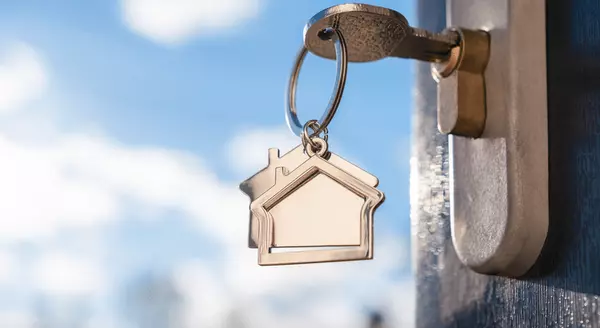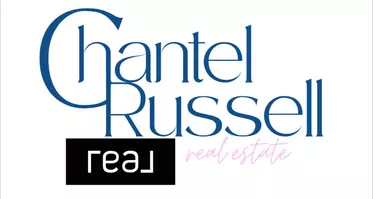
Safety Tips to Keep Your House Safe During A Renovation
Whether you'll be working on small upgrades to simply refresh your space this summer, or diving into a major remodel before listing your home for sale, remember that preparation is key. It’s important to take a step back and plan before kicking off your long-planned renovation. From properly storin

5 Reflective Questions To Ask Yourself Before Deciding To Buy A House
The moment you decide to become a first-time home buyer is a huge feat on its own. After all, buying a home is both a momentous financial and emotional commitment. And just like any critical decision, you need to be sure it's right for you, no matter what anybody else says. Asking the right question

What Every Homeowner Needs To Know In Today’s Shifting Market
Here’s something you need to know. The housing market is getting back to a healthier, more normal place. And even though it may not sound like it, this shift is actually a good thing.It’s what you should expect. It’s just that our expectations have been skewed by the intense seller’s market over the

Think It’s Better To Wait for a Recession Before You Move? Think Again.
Fear of a recession is back in the headlines. And if you’re thinking about buying or selling sometime soon, that may leave you wondering if you should reconsider the timing of your move.A recent survey by John Burns Research and Consulting (JBREC) and Keeping Current Matters (KCM) shows 68% of peopl
Categories
Recent Posts










